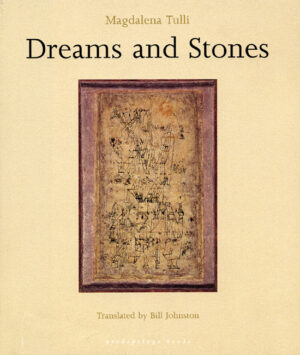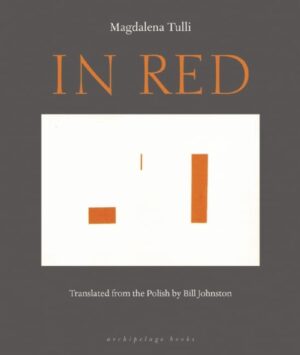Book Description
Short-listed for the 2007 Nike Prize
A single streetcar line runs around the sleepy suburban square of an unnamed city. One day—out of nowhere—a group of hapless refugees pour from the streetcar and set up camp in the square. The residents grow hostile to the disruption and chaos, and eventually take extreme action. Flaw is Tulli’s most personally motivated work yet, while still retaining the signature mind- and word-play that has made critics and her growing readership alike marvel.
Descartes famously entertained the suspicion that the whole of reality was nothing but a devilish imposition upon our imaginations, and in Flaw, Magdalena Tulli, an extraordinary Polish writer who is as much cosmologist as novelist, has fashioned a theater of reality that Descartes’ devil might have dreamed up, a world of sinister politics and slapstick metaphysics, crowded with lonely hearts, refugees, and riot police. The book is coolly charming, funny, and heartbreaking. Even the devil should weep.
— Edwin Frank
The originality of Tulli’s writing is not lessened by representing a family tree that includes Michaux, Kafka, Calvino, and Saramago.
— W.S. Merwin
Each successive book of Tulli’s, from Dreams and Stones to Flaw, not only demonstrates the author’s consummate talent, but also ever more clearly defines the independence of her artistic vision. Far from being some reiteration of the avant-garde, Tulli's writing is something enchantingly different from the Polish prose of today and of earlier times.
— Tygodnik Powszechny
Powerful imagery caught in sinewy, architectural, elegiac prose.
— Anne Waldman
Like all great works of art, Tulli’s books create something new, something that doesn’t respond to what the reader has been conditioned to expect.
— Rain Taxi
Johnston has rendered brilliantly Tulli's distinctive narrative voice in Flaw—coolly objective, unimpassioned, disembodied, belonging to no one in particular even when it occasionally adopts one or another character's point of view. Faithful to the Polish in every way that is meaningful, Johnston's translation is also a beautiful piece of English prose narrative.
— Slavic and East European Journal
Flaw, for all its hijinks, is massively sad. Its depth of emotion is all the more wondrous for having been so frenetically controlled by its narrative devices.
— Los Angeles Review of Books





